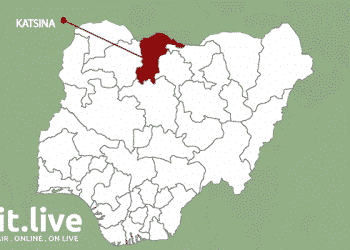The agitation for self-determination, secession, the rotational presidency, and the call for restructuring will be put to an end if the federal government, strengthens the various organs of government for adequate and effective checks and balances.
These were the resolutions at the end of a one-day round table discussion on the state of the nation, in honour of the late Dr. Yusuf Bala Usman, hosted by some concerned youth activists in Katsina State.
Issues discussed included those of the federating units, whether the country should maintain, create more states, or return to the days of the regional government, by way of restructuring, a system of government, whether the country should revert to parliamentary, or continue with the presidential system, and the issue of rotational presidency in the general elections.
At the end of the meeting, it was resolved that the country maintains the current 36 states and the Federal capital territory, continue with the current system of government, and shun rotational presidency, rather, competency should be on the lookout, rather than where one comes from, which is the major problem bedeviling the nation.
Other standpoints were that the country lacks a good leadership style, which is bringing about different calls for secession, rotational presidency and restructuring, as they call for institutions of the government to be strengthened.
Also Read : Katsina Gov says many bandits dislodged in ongoing onslaught
The round table discussion is in honour of the late Dr. Yusuf Bala Usman.
Dr. Yusuf Bala Usman was a Nigerian historian and politician, who died in 2005.
He was one of the scholars who shaped Nigerian historiography.
He was the founder of the Centre for Democratic Development, Research, and Training at the Ahmadu Bello University, Zaria.
His belief in the Nigerian State and the capacity of Nigerians to lift the nation from its under-developed status to a developed one, as well as his love for Nigeria and her people, made him reject lucrative offers from other reputable universities, in other parts of the world, to stay here in Nigeria, despite all sorts of hazards and deprivations.
(Editor : Paul Akhagbemhe)








